Search Results for: Forests
Skip to resultsCan’t find what you’re looking for? Visit our FAQ page.
5,531 results for: Forests
-
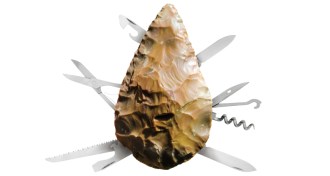 Archaeology
ArchaeologyTelling stories from stone tools
Existing stone tool categories may hide more than they reveal. New methods for analyzing stone artifacts aim to better reconstruct how hominids interacted and moved across Africa, Asia and Europe.
By Bruce Bower -
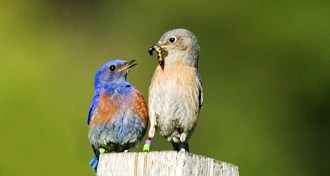 Ecosystems
EcosystemsBluebird moms inadvertently fuel wars between species
Extra hormones delivered to eggs holding sons in tough times end up driving one bluebird species to chase off another
By Susan Milius -
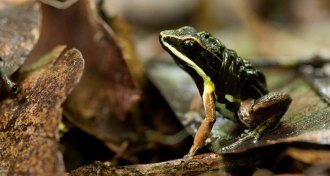 Animals
AnimalsRainforest frogs flourish with artificial homes
A rainforest frog population grew by about 50 percent when scientists built pools for tadpoles that mimic puddles made by other animals.
-
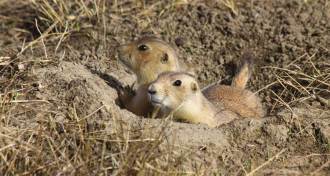 Ecosystems
EcosystemsNoise made by humans can be bad news for animals
Animals live in a world of sounds. Clever experiments are finally teasing out how human-made noise can cause dangerous distractions.
By Susan Milius -
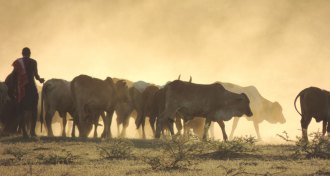 Ecosystems
Ecosystems‘Earth: A New Wild’ puts people in the picture
PBS nature series ‘Earth: A New Wild’ shows humans living with, and not off, their environments
-
 Science & Society
Science & SocietyContemplating the coming of the drones
Editor in Chief, Eva Emerson, contemplates the pros and cons of small drones flocking to our skies and the science behind them, discussed in this issue's feature on animal flight research.
By Eva Emerson -
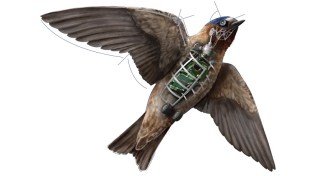 Life
LifeFlying animals can teach drones a thing or two
Scientists have turned to Mother Nature’s most adept aerial acrobats — birds, bees, bats and other animals — to inspire their designs for self-directed drones.
By Nsikan Akpan -
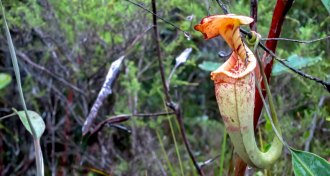 Plants
PlantsTricky pitcher plants lure ants into a false sense of security
Carnivorous pitcher plants exploit social lives of ants as scouts escape and inadvertently lead nest mates to death trap.
By Susan Milius -
 Ecosystems
EcosystemsDam demolition lets the Elwha River run free
Removing a dam involves more than impressive explosions. Releasing a river like Washington state's Elwha transforms the landscape and restores important pathways for native fish.
-
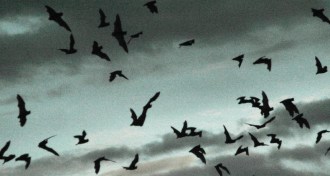 Animals
AnimalsIt’s bat vs. bat in aerial jamming wars
In nighttime flying duels, Mexican free-tailed bats make short, wavering sirenlike sounds that jam each other’s sonar.
By Susan Milius -
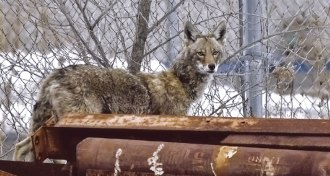 Ecosystems
EcosystemsCities are brimming with wildlife worth studying
Urban ecologists are getting a handle on the varieties of wildlife — including fungi, ants, bats and coyotes — that share sidewalks, parks and alleyways with a city’s human residents.
-
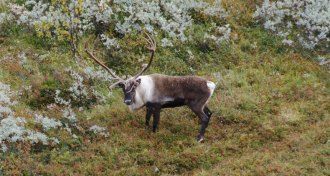 Animals
AnimalsChina’s reindeer are on the decline
A small, semi-domesticated population of reindeer found in northern China is suffering due to threats ranging from inbreeding to tourism.